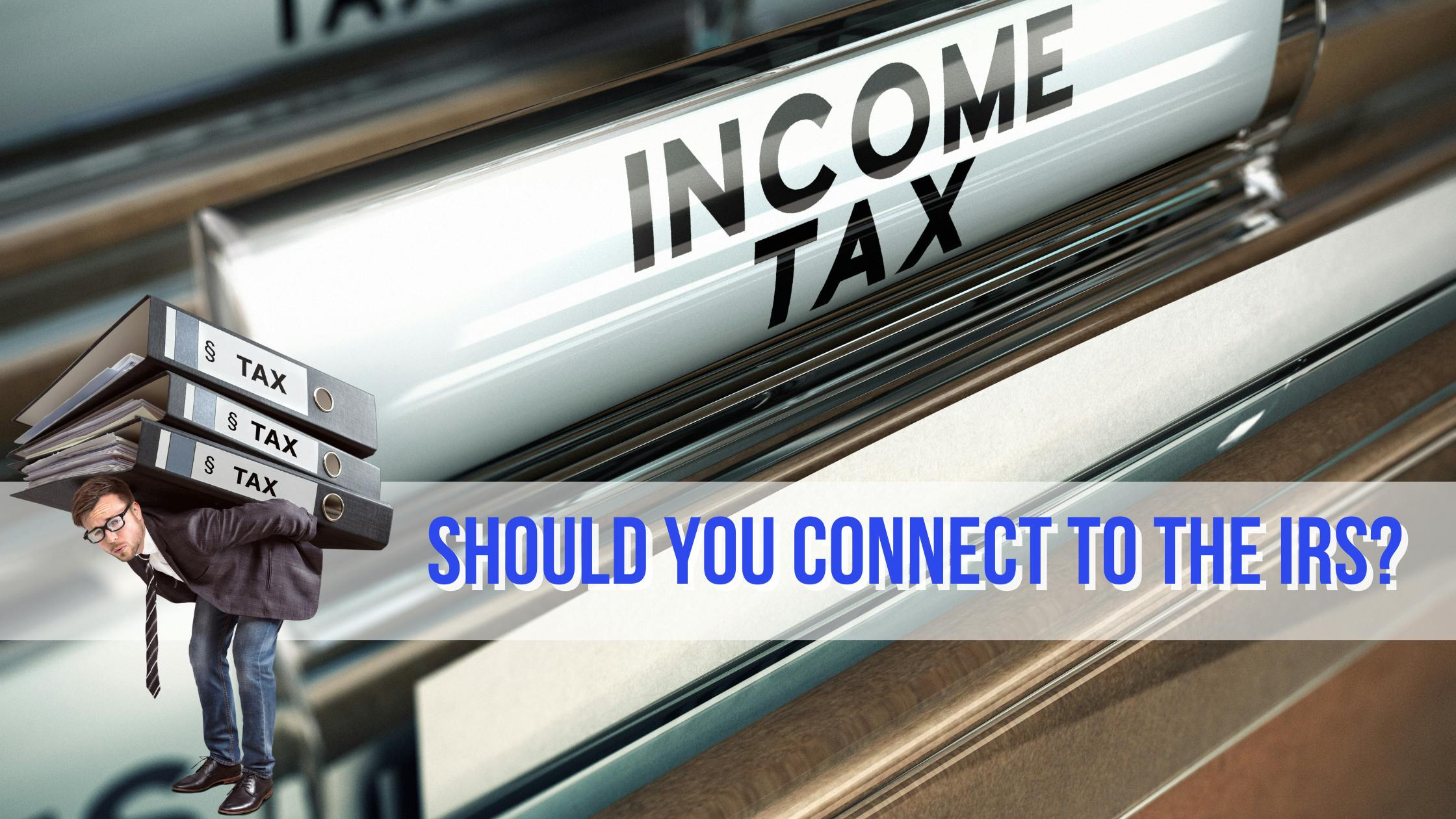Should you connect to the IRS?

Explore Common Errors in Student Loan Repayment and the Department of Education's Initiatives. Learn how to navigate the complexities and optimize your student loan management for financial success.
Common Errors Made by Loan Servicing Entities
As borrowers enter the repayment phase, I wish to address common errors made by loan servicing entities. Additionally, I will discuss the Department of Education's efforts to provide guidance on improving student loan plans, handling defaulting borrowers, and updates regarding President Biden's approach to transitioning into repayment.
As we stand on the threshold of borrowers embarking on their repayment journey, it is of utmost importance to shed light on the frequent missteps made by loan servicing entities. These missteps, often overlooked, can significantly impact borrowers' financial stability and peace of mind as they begin this critical phase. By understanding and addressing these common errors, borrowers can navigate the complex landscape of student loan management with greater confidence and success.
1. Miscalculation of monthly payments
First and foremost, let's delve into the prevalent errors observed in borrowers' accounts. One significant issue is the miscalculation of monthly payments. This error affects numerous individuals. Moreover, for borrowers who recertified their income-driven repayment plans during the pandemic, some may not be required to make payments until 2024. If you fall into this category and have a zero-dollar payment, you are not obligated to make payments until 2024, provided your certified income justifies this minimal payment. This allows you to maintain the lower payment until the recertification date.
However, some individuals are encountering erroneous monthly payment calculations and should promptly investigate and rectify this issue.
2. StudentAid.gov website's recommendation
Another point to consider is the StudentAid.gov website's recommendations, particularly in relation to the SAVE program. While the estimator on the website may suggest the SAVE program, it may not be the best fit for higher-earning individuals due to the absence of a repayment cap. Therefore, exercise caution when following the website's recommendations, especially if your income trajectory points toward substantial earnings in the future.
3. Connecting to the IRS
Furthermore, I recommend against automatically authorizing the government to connect to the IRS, unless you anticipate maintaining a consistent job with stable income, as deviations in income can result in significant differences between IRS-dependent counts and student loan program calculations. This disconnect may lead to missed opportunities for reducing your payments.
To optimize your loan forgiveness potential through alternative documentation, consider refraining from authorizing this connection. We provide these alerts as guidance for individuals seeking to maximize their forgiveness potential through alternative documentation.
"If you choose to work with LoanSense, we will automatically handle these aspects during our enrollment process to ensure you secure the best student loan repayment plan."
Department of Education's initiatives
Now, let's shift our focus to the Department of Education's initiatives. They have formed a committee that will convene on October 10th and 11th to address various issues. These include the plight of borrowers whose balances have grown due to accruing unpaid interest. Additionally, the committee will discuss strategies to encourage eligible borrowers to apply for forgiveness and income-driven plans, especially those who currently do not apply or qualify.
Furthermore, the Department aims to address concerns regarding borrowers who attended programs that incurred substantial debt but yielded little financial value. The committee will also examine how to assist borrowers who entered repayment early and faced financial hardship.
Another pressing issue is the continued hardship borrowers may encounter in the future. The committee will explore ways to mitigate these hardships effectively. Additionally, it will address the challenge of borrowers remaining in default, which is costly for both borrowers and the government.
In summary, these discussions aim to reform the debt collection process and improve the system's efficiency, which will ultimately benefit student loan borrowers. I will provide updates on the outcomes of these discussions as they may impact borrowers in the future, albeit not immediately.
Lastly, for those who have yet to make their first payment, I strongly recommend setting up automatic debit payments. Regardless of your loan amount, ensuring you are well-prepared for repayment is crucial to avoid delinquency.
You can watch my YouTube video talking exactly about this topic here:
Need help with what options are best for you? Get in touch with us. To connect with a loan advisor and schedule a consultation, please click here. You may also use our read more information about the SAVE program and other available resources about student loans by visiting the help section of our website at https://resources.myloansense.com
Need help with what options are best for you? Get in touch with us.